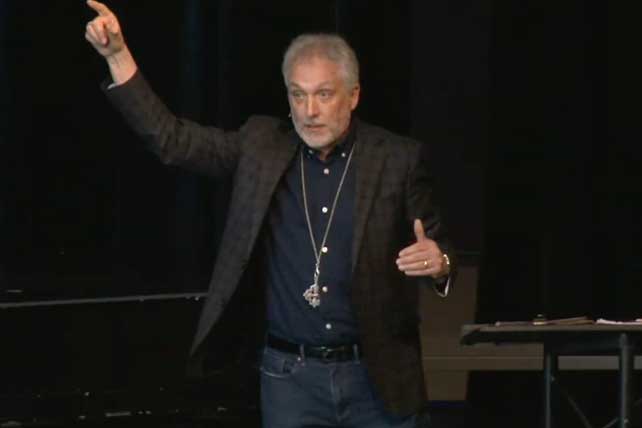On July 8, the court issued a statement saying the proceedings would only be open to those directly involved. “This confidentiality is not intended to conceal the truth, but rather to preserve the integrity of the process, protect the dignity of those involved, and prevent undue influence or public pressure during a sensitive and pastoral proceeding,” the court wrote.
None of the four authors of the lay presentment were invited to participate in the trial. One of those authors told Religion News Service that numerous abuse survivors whose cases are included in the presentments were not contacted to be witnesses. (The witness list for the trial is not public.) The decision has caused the lay presentment authors to question the denomination’s commitment to representing survivor voices during the trial.
“How is that good for the denomination? How is it good for basic transparency? How does it give confidence to the survivors that their voices are going to be heard?” asked Sam Lacy, an attorney and one of the lay presentment authors. “You don’t see that in the civil or criminal context. There’s the basic idea of the courts are public.”
In a statement, an ACNA spokesperson said Ruch’s trial “is the outcome of a rigorous process inscribed in our canon law to ensure a just, thorough, and impartial review of the allegations against Bishop Stewart Ruch III, which we take seriously.”
While acknowledging that the process has “not moved as swiftly or efficiently as intended,” the statement said that “reforms to improve the process are currently being considered” and that the church “remains committed to balancing transparency with the need to protect the integrity of the process, provide justice for victims, and ensure a fair and impartial hearing for the accused.”
The spokesperson said the court estimated the trial will take between five and 10 days, suggesting it could conclude by July 25, though that could change.
Once the verdict is published, Ruch will have 30 days to appeal. If a guilty verdict is eventually reached, it is up to the head of the denomination (the archbishop) and an assembly of all active ACNA bishops to determine sentencing.
This article originally appeared here.

